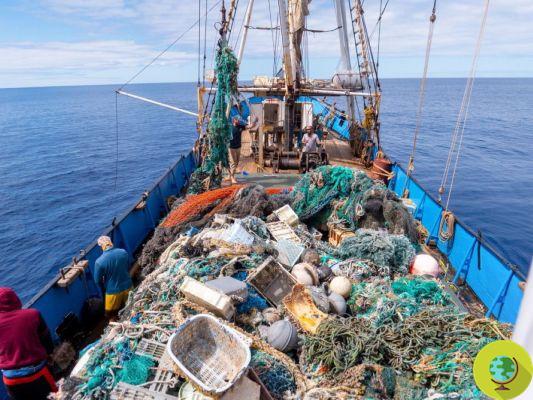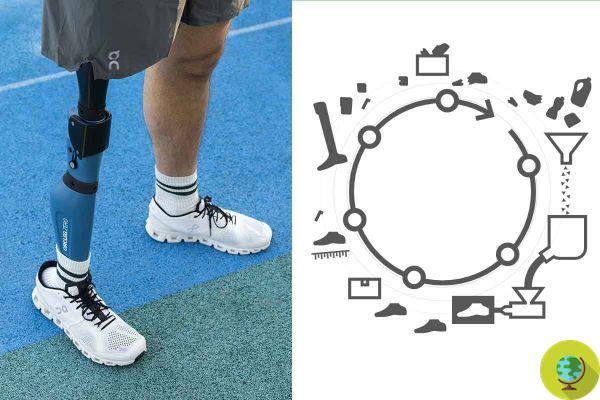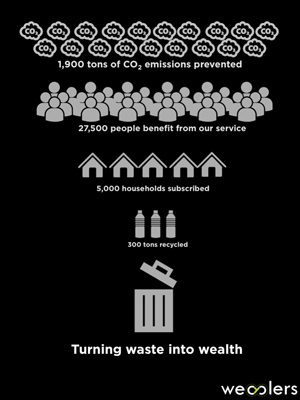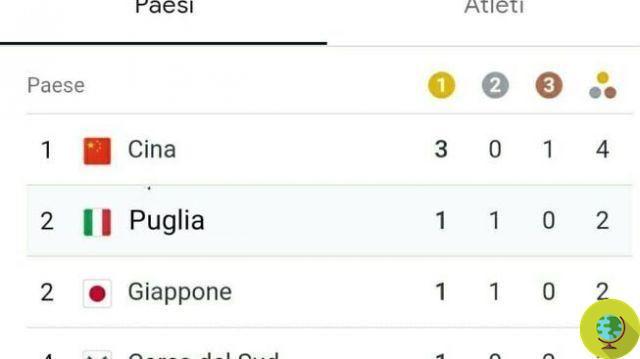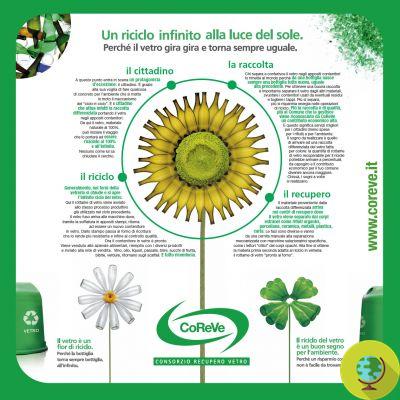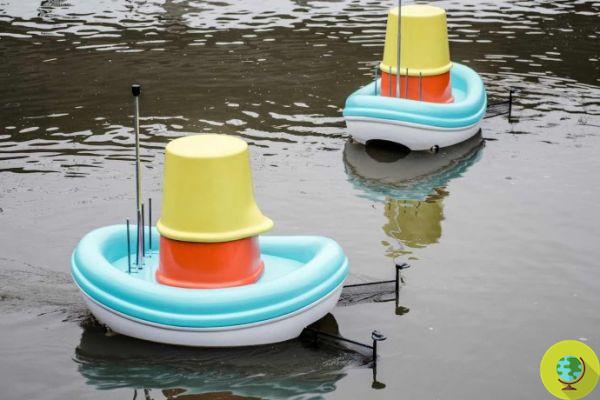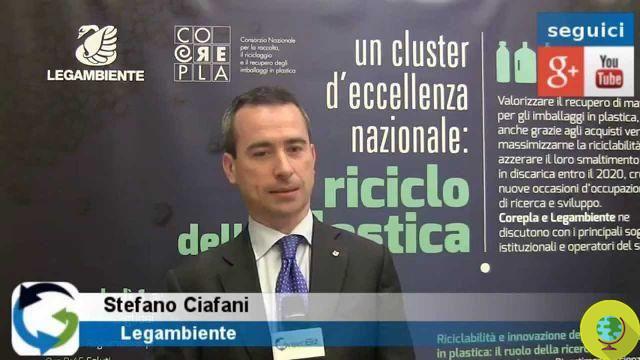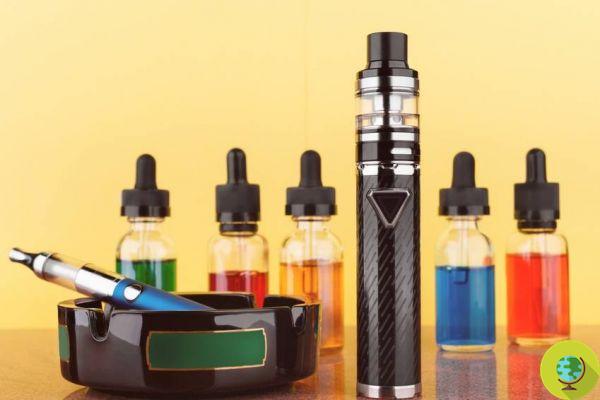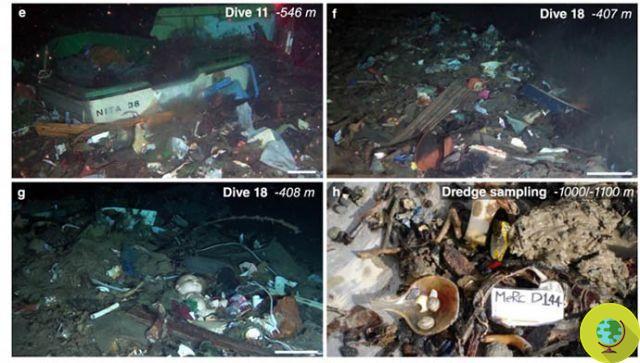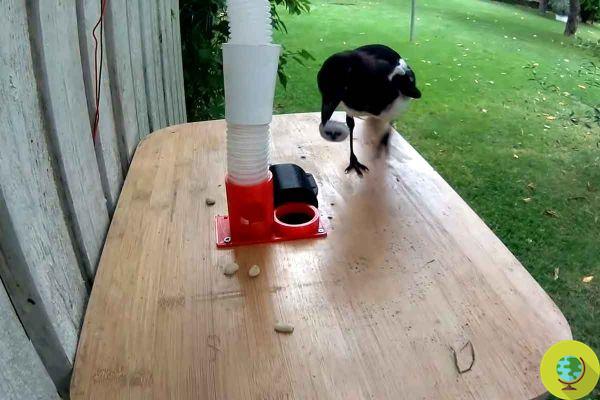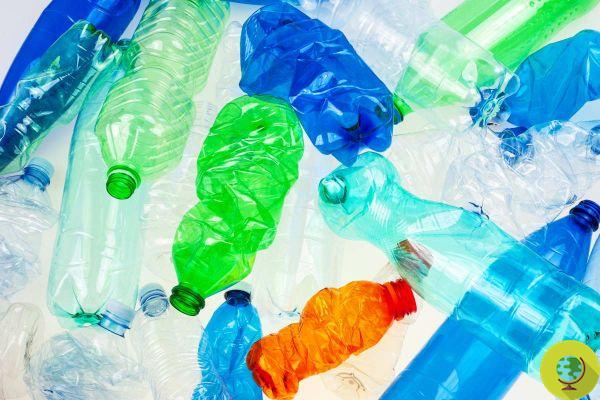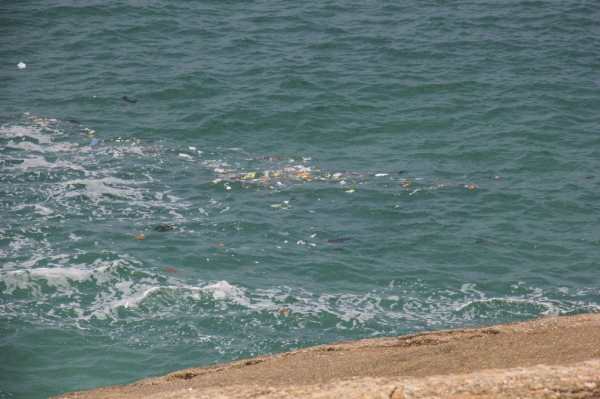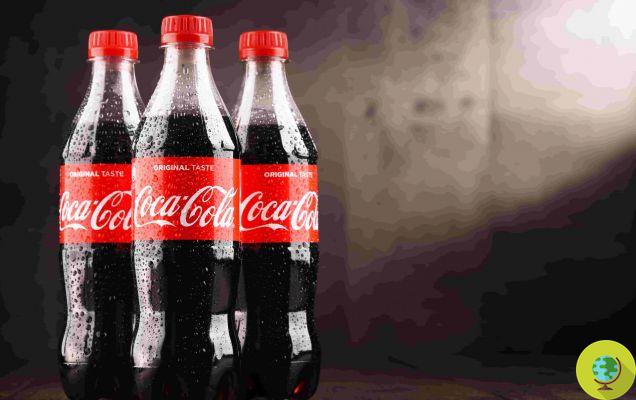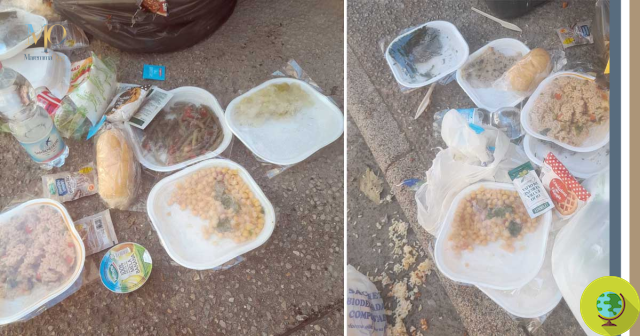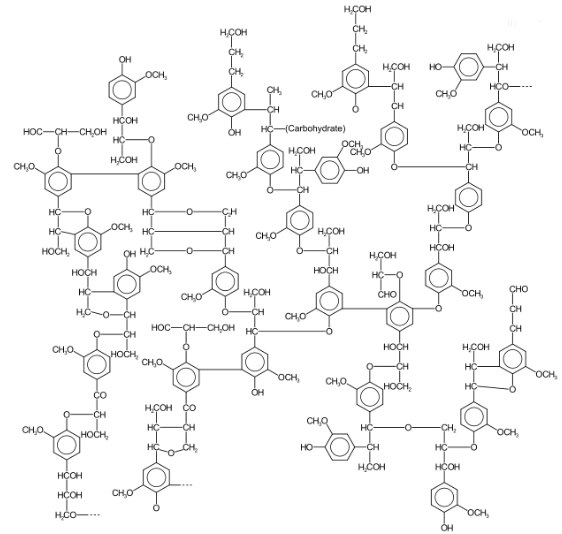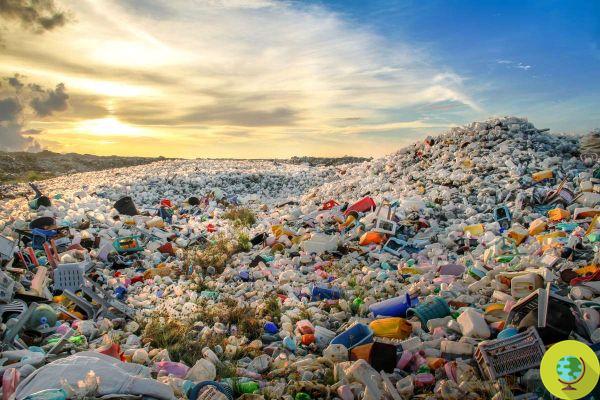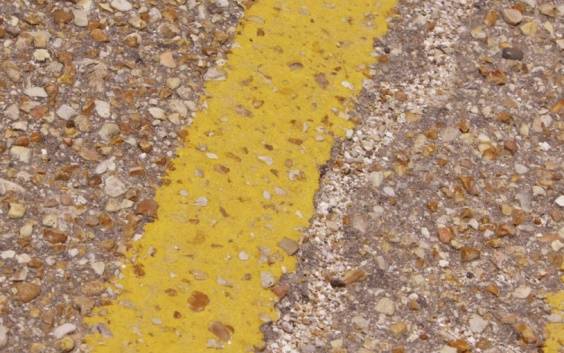A real mix of two enzymes - called PETase and MHETase - produced by a type of bacterium that feeds on plastic bottles.
Not one, but two enzymes capable of degrading plastic, a kind of super-enzymes which degrades bottles six times faster than previously created. A real mix of two enzymes produced by a type of bacterium that feeds on plastic bottles, Ideonella sakaiensis.
An authentic second-generation super-enzyme, in short, which was designed by connecting two separate ones - called PETase and MHETase -, both found in the plastic-eating insect discovered at a Japanese waste site in 2016. Researchers have basically revealed a engineered version of the first enzyme in 2018, which started breaking down plastic within days.
Scientists accidentally discovered the "plastic-eating" enzyme
"When we linked the enzymes, rather unexpectedly, we got a noticeable increase in activity," John McGeehan of the University of Portsmouth, UK, who coordinated the studies, told The Guardian. This is the right direction towards trying to produce faster enzymes that are more industrially relevant ”.
Unlike natural degradation, which can take hundreds of years, the superenzyme is capable of converting plastic back within days. Derived from bacteria that naturally developed the ability to eat plastic, it allows for the complete recycling of bottles, and scientists now believe that combining it with enzymes that break down cotton could also allow recycling of blended fabric clothing.
Already in recent months, the French company Carbios had revealed a different enzyme, originally discovered in a heap of compost leaves, which degrades 90% of plastic bottles within 10 hours, but which requires heating above 70 ° C.
Created "mutant" enzyme capable of recycling plastic bottles in a few hours
The new superenzyme works at room temperature and, according to McGeehan, the very combination of different approaches could accelerate progress towards commercial use: "If we can create better and faster enzymes by linking them together and supplying them to companies like Carbios, we could. start doing within the next year or two. ”
The 2018 work established that the structure of an enzyme, called PETase, can attack the hard, crystalline surface of plastic bottles. It turned out, by accident, that a mutant version worked 20% faster. Now, the new study published in the journal Proceedings of the National Academy of Sciences has analyzed a second enzyme also found in Japanese bacteria that doubles the rate of degradation of the chemical groups released by the first enzyme.
Bacteria that break down natural polymers such as cellulose have developed this dual approach over millions of years. Scientists thought that by linking the two enzymes, they could increase the rate of degradation and allow them to work more closely together.
The linked superenzyme would be impossible for a bacterium to create, as the molecule would be too large. Then the scientists linked the two enzymes in the lab and saw a further tripling of the speed.
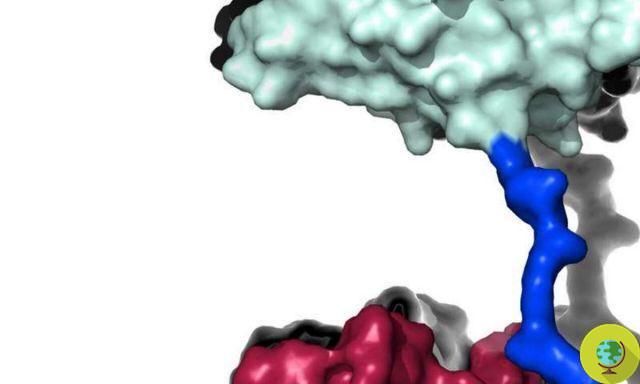
©Aaron McGeehan
The team of scientists from the University of Portsmouth and four other US institutions is now looking into ways to modify enzymes to make them work even faster. The combination of the enzymes that eat plastic with existing ones that break down natural fibers could allow for the complete recycling of mixed materials. A still lively hope of reducing the plastic oceans that are now invading our planet.
Font: Phys / The Guardian
Read also:
- This student discovers bacteria that turn plastic into water and CO2
- Goodbye plastic! Developed the enzyme-based method that degrades it in 15 days
- This student discovers bacteria that turn plastic into water and CO2
- Goodbye plastic! Developed the enzyme-based method that degrades it in 15 days




